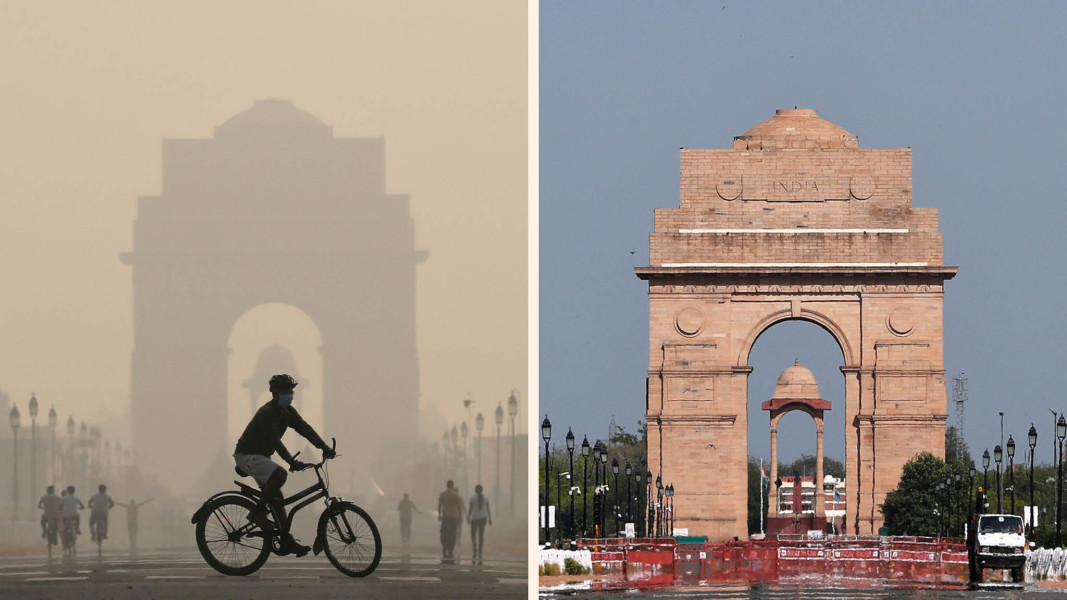
With the novel coronavirus sweeping through the world, shutting down economy after economy without discrimination, an interesting climate change experiment took place. With rising greenhouse gas emissions globally, calls to transform how we travel and live have gained assent, and the coronavirus-instigated lockdowns showed us what could happen if we produced close to zero emissions through travel. Few planes, almost no cars, and an overall reduction in travel is predicted to result in a 4-8% decline in carbon emissions, according to Carbon Brief.
This is quite possibly the most worrying statistic we could have received. A best case scenario of 8% simply will not cut it. With the need to have 45% carbon-neutral emissions by 2050 in order to rein in global warming, a switch from gas to electric vehicles simply will not be enough. The fundamental problem is not limited to human behaviour: riding on public transport will not put a huge dent in the climate change problem, nor would using less electricity.

The system of energy production needs to change, with the likes of fossil-fuel power stations being the main culprit in our emissions. Take the example of New York and Paris under lockdown: in March, Paris reduced emissions by 72%, whilst New York only cut their figure by 10%. Both cities instigated tight lockdowns, both had a significant reduction in the use of vehicles and both used large amounts of energy to heat their buildings. The crucial difference is that in France, 70% of their electricity came from nuclear power sources, whilst New York relied more on fossil fuels. New York and Paris are vastly different cities, but the link between the methods of electricity production and emissions is quite clear.
The problem of energy production hasn’t been resolved by any government in the world, but it cannot be said that they haven’t attempted to do so. Following the Great Recession of 2008, the American government assigned $90 billion into clean energy loans and investments. The money proved immensely helpful in making renewable energy sources, mainly wind power, more cost-efficient and bringing it to the market. However, this move happened at the same time as China decided to ramp up its fossil-fuel reliant energy production as their form of fiscal stimulus, effectively balancing out any gains made in the renewables sector elsewhere.
Climate change therefore needs a coordinated global response about production methods from all its nations, without which nothing can be achieved. Trump withdrawing the USA from the Paris Climate Accord has done little to help, whilst the likes of China not adhering to it in the first place shows that whilst petty geo-politics are still at play. Climate change is hurtling towards being a tragedy of the commons, and action is likely to take place after it is too late.